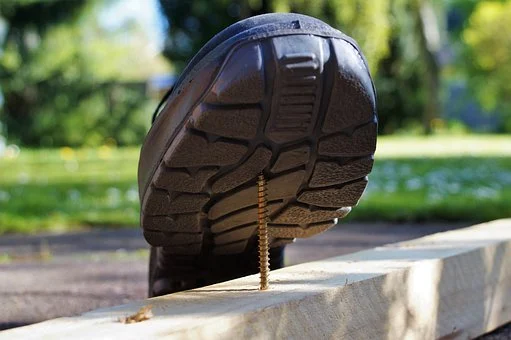
Workers’ compensation is a system in many countries that provides benefits to injured workers due to their job. The workers’ compensation claim process can be complex, so it is essential to understand how it works before you file a claim. This blog post discusses the claim process and what you can expect if you file one.
What is the worker’s compensation claim process?
The workers’ compensation claim process is a system that covers injured workers and provides them with benefits. It is a system designed to help workers recover from injuries and return to work as soon as possible. In most states, employers need to provide workers’ compensation coverage for their employees. You may be eligible for this kind of benefit if you are injured at work. These benefits can include medical expenses, income replacement, and death benefits.
However, there are instances wherein your claim may be denied because of various reasons. For example, if your employer does not have this insurance, if you were injured outside of work, or if your injuries are not work-related. If the insurance denies your claim, you can appeal the decision. In reopening a work comp claim, you must show that the original decision was wrong and that you deserve benefits. This means providing sufficient evidence to support your claim. You may need to get a lawyer to help you with this process.
How does it work?
- Notify your employer
Filing a claim can be a complicated and time-consuming process. It is essential to understand the claims process before you begin. This way, you know what to expect. First, notify your employer of your injury as soon as possible after the injury occurs. When you notify your employer, include details such as when and where the accident happened, what injuries you sustained, and how your injuries have affected your ability to work. Your employer will begin the claims process by filing a report with their workers’ compensation insurance carrier.
- Get medical treatment
The next step is to get medical treatment for your injuries. See a doctor immediately after the accident. Be sure to tell the doctor that your injuries are work-related so that they can document them in your medical records. For example, if your injuries prevent you from working, the doctor may put you under work restrictions. These restrictions will be necessary later when you file your claim. But, you will need to provide all the records to your employer and their insurance carrier when you file your claim. Ensure to secure a copy of all the records and bills related to your injury.
- File a claim
Once you have all the necessary paperwork, you can file a claim with your employer or insurance carrier. You must include all the documentation you have gathered, such as your medical records and bills, in your claim. You must also provide a statement detailing your injuries and how they have affected your ability to work. Once you have filed your claim, the insurance carrier will review it and decide whether to approve it.
- Insurance investigation process
The next step is the insurance investigation wherein the insurance company assigns an adjuster to your case. The adjuster’s job is to investigate your claim and determine whether or not it is valid. They will look at all the evidence you have provided and may also talk to witnesses, such as your employer and co-workers. There are also instances wherein they may ask you to see a doctor affiliated with the insurance company. Once the adjuster has completed their investigation, they will decide whether to approve your claim.
- Appeal a denial
You can appeal the decision if your claim is denied. You must file an appeal with the state workers’ compensation board. To do this, you must complete the necessary paperwork and submit it within the required timeframe. You will also need to provide evidence to support your appeal. Once your appeal is filed, a hearing will be scheduled. At the hearing, you will have the opportunity to present your case and argue why you believe you should receive benefits. After the hearing, the board will decide on your appeal. If they decide in your favor, your claim will be approved, and you will receive benefits. But, if they deny your appeal, you can file another appeal with the state court system.
The workers’ compensation claims process can be complicated and time-consuming. It is essential to understand the process before you begin so that you know what to expect. Rest assured that with some perseverance, you will be able to get the benefits you deserve.












